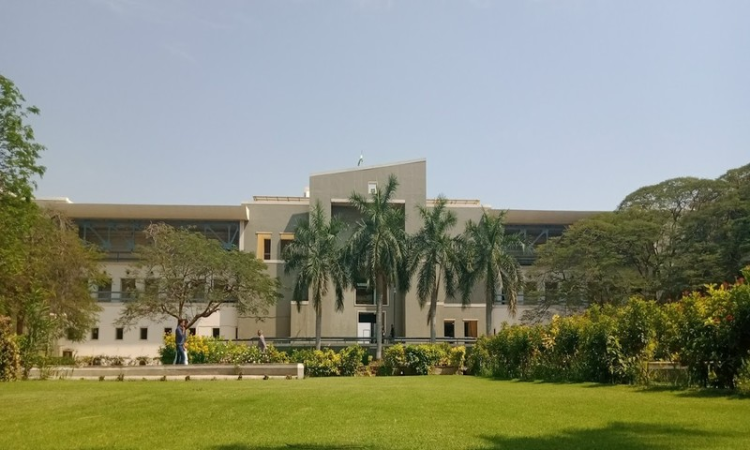Gujarat High Court Rejects Bail For Offences Under Gujarat Terrorism Control Act; Explains 'Organised Crime'
PRIYANKA PREET
15 Feb 2022 10:50 AM IST

Next Story
15 Feb 2022 10:50 AM IST
The Gujarat High Court recently denied bail to an accused under the Gujarat Control of Terrorism and Organised Act, 2015, stating that accused was prima facie a part of an 'organised crime syndicate' involved in highway thefts.'Organized Crime Syndicate', defined under Section 2(1)(f) of the Act, means a group of two or more persons who, acting either singly or collectively, as a syndicate...
